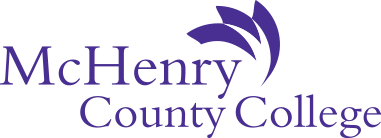Baking and Pastry Management, AAS
Combine your creativity with an appreciation for beauty and precision in MCC’s Baking and Pastry Management, AAS program. Whether your love is bread, pastries, cake designing, or a little bit of everything, our students also learn that it’s passion that’s often the secret ingredient.
As a culinary student, you’ll learn through lectures, demonstrations, and hands-on applications in our commercial-grade kitchen labs. Your courses cover specialty breads, desserts, pastries, and confections in extensive hands-on classes—starting the very first week. You’ll also learn basic nutrition, menu development, communication, food safety, and cost control. The campus and community will experience your creations in MCC’s Sweet Scot Bakery; Tartan Bistro, MCC’s student-run restaurant; and at special events hosted by the College.
A Baking and Pastry Management, AAS is a great foundation for employment or starting your own business. You may also elect to continue study toward a bachelor’s degree.
Stackable MCC certificates in this program include: Baking and Pastry I Certificate > Baking and Pastry II Certificate > Beverage Management Certificate > Assistant Restaurant Manager Certificate building up to the Baking and Pastry Management AAS
All students in lab skills classes must purchase their own approved MCC student uniform, hat, and tool kit from the MCC Store by the second week of classes. We suggest you pre-order your supplies from the MCC Store online and pick them up from the store, B126.
Contact (815) 479-7511 with specific questions about this program.
(in-district) Total Amount: $11,387.25
Credit Hours to Complete: 61
Weeks to Complete: 80
Sample Semester 1 - Fall 15 Credit Hours
-
COURSE LIST
Course Ids: CLM-100#2 hrs,CLM-105#2 hrs,PAS-101#7 hrs,Select a Mathematics, Physical or Life Sciences Course#3 hrs,MCC-101#1 hr
Sample Semester 2 - Spring 16 Credit Hours
-
COURSE LIST
Course Ids: PAS-102#7 hrs,CLM-130#3 hrs,HFE-250#3 hrs,ENG-151#3 hrs

